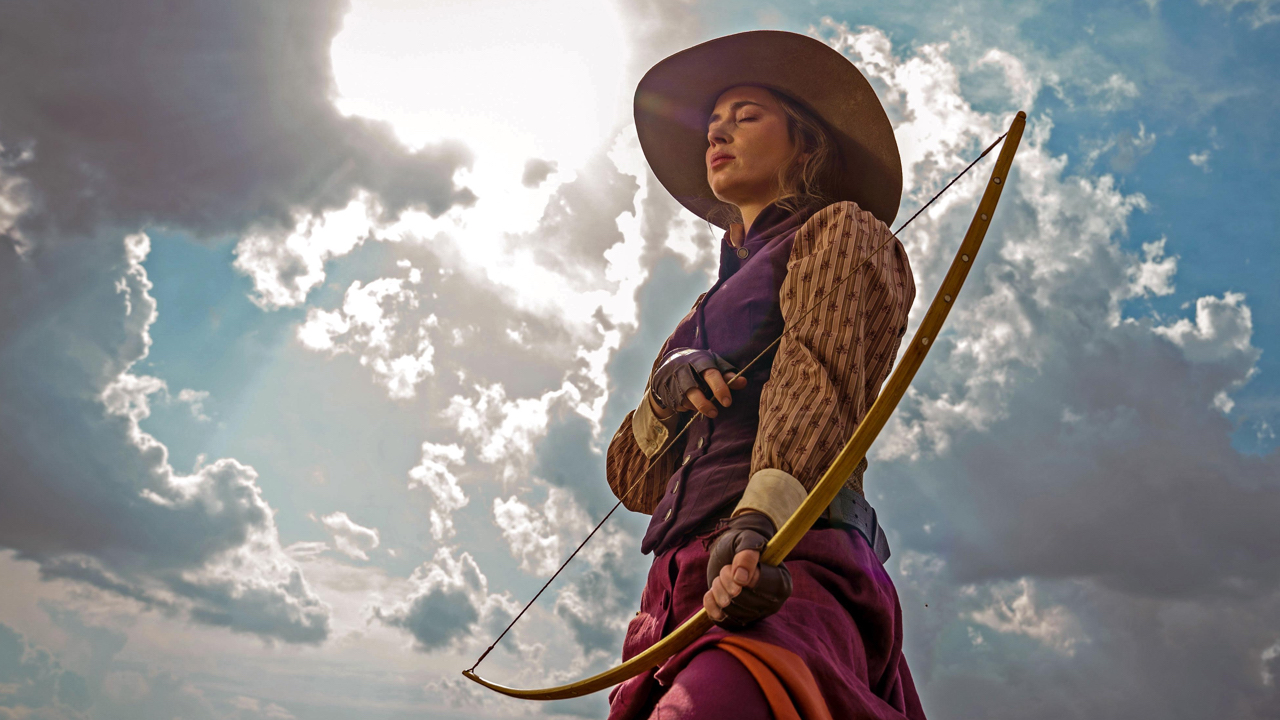
MILAN – Originally it was a BBC and Amazon Prime Video production, but in Italy it arrives on Paramount + and once again we return to talking about West and westerns later That Dirty Black Bag, Django, Yellowstone 5 And 1923. It is now a trend (and welcome) since this time it is also added to the caravan The English, a miniseries – six episodes between forty and fifty minutes each – set in the old West with Emily Blunt in the role of the protagonist Lady Cornelia Locke. What immediately catches the attention, however, is the name of the showrunner, Hugo Blick, who in 2014 had already shown his talents in The Honorable Woman with Maggie Gyllenhaal (and who the more attentive will remember as the face of the Joker as a young man in Batman by Tim Burton) and on Netflix brought another powerful series like Black Earth Rising with Michaela Coel.
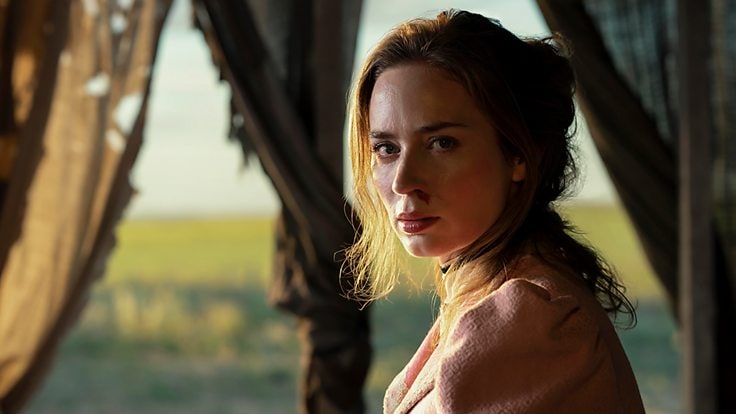
But what is it about The English? Of Lady Cornelia Locke (Emily Blunt), an English aristocrat on the hunt for the person responsible for the murder of her son. He, Eli Whipp (Chaske Spencer), is instead an ex-scout of the Pawnee cavalry, natives who already at the end of the Civil War collaborated with the United States army, then fought alongside them for more than a decade against the peoples Sioux and Plains Cheyenne. The meeting between the two characters takes place in 1890, and this puts the series immediately in the category of the late-western, where the epic of the action prevails that of introspection. Not only that, the struggle to defeat the enemy is replaced by old grievances, feelings of revenge and attempts to keep a society still torn apart by internal divisions and creeping conflicts together.
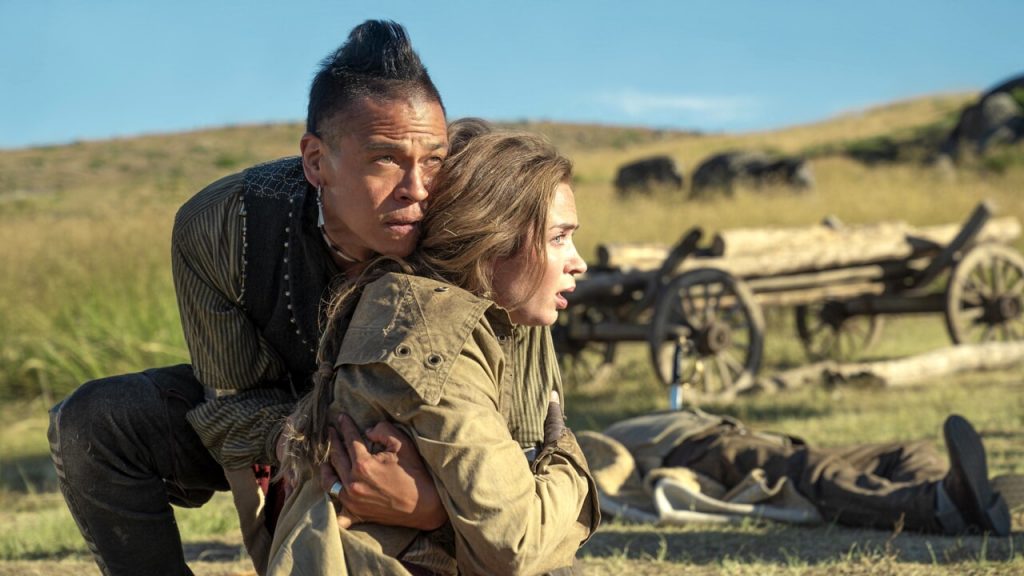
Thus, having stumbled upon each other by pure chance, the two protagonists will find themselves traveling together in a classic western itinerary made up of unexpected pitfalls and equally surprising confessions, learning to know each other – and recognize each other – overcoming prejudices. Danger brings them closer as human beings and every obstacle overcome together shortens the distances with the final destination the town of Hoxem, Wyoming. At that precise moment the story of The English undergoes a turning point and begins to pull the strings (the fourth episode certainly represents the pinnacle of the series), finding meaning in the building that is going to be erected on the foundations built throughout the first part.
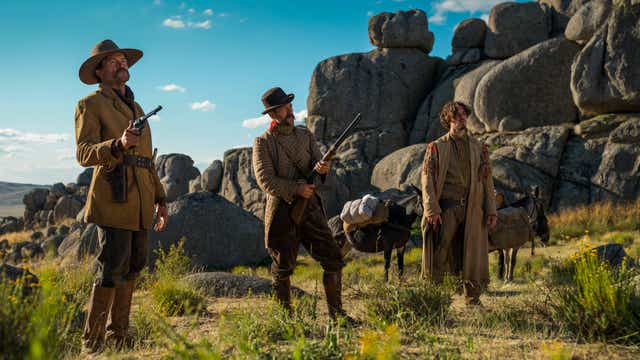
And pay attention – in this second part – to the interpretation of Rafe Spall, a British actor seen in countless films and series who finally shows his full potential (and if the series goes well, awards will surely come for him) thanks to a character, that of David Melmont who, almost like Marlon Brando’s Colonel Kurtz in Apocalypse Nowarrives with its depth and problematic nature to monopolize the screen and the series, placing the viewer in front of the moral and aesthetic dilemma between loving the character for his bewitching charisma or hating him for his inhumanity (but we cannot tell you about this much more without spoiling the vision, let’s say that Spall alone is worth half the series).
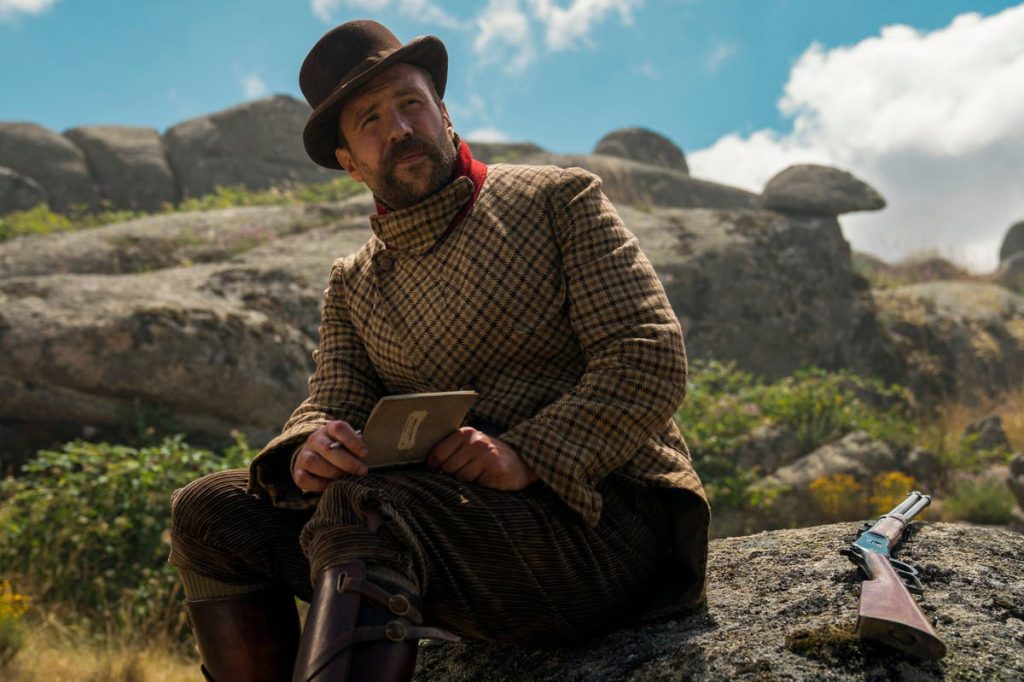
The attempt of the late western – and it happens here too – is often to find a link and understand the continuity between the myth of the West and contemporary society, sometimes emphasizing its innovative scope, sometimes its conservative one. In this, The English he doesn’t discount: he doesn’t try to sweeten the pill, but rather he is rather harsh in highlighting the sufferings that have accompanied the path of expansion, unification and civilization of the United States, trying to look at it from the point of view of those who have been victims of violence and abuses of a total individualism at the basis of a historical period that is de-mythologized in the series, as if to tell us how it is necessary to come to terms with the past in order to be able to imagine a future without more wounds. And so the western, once again, speaks of us.
- WEST CORN | When the cinema goes West
- VIDEOS | The trailer for The English:

